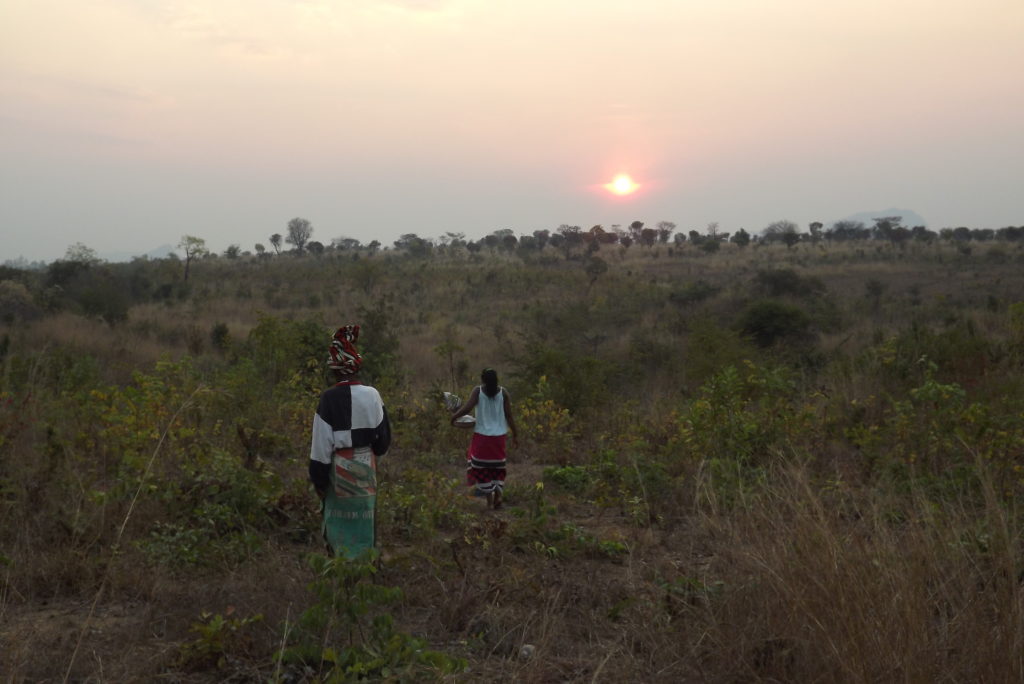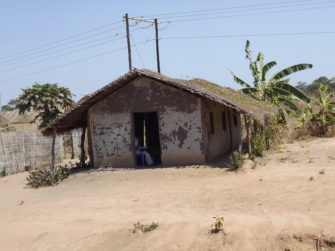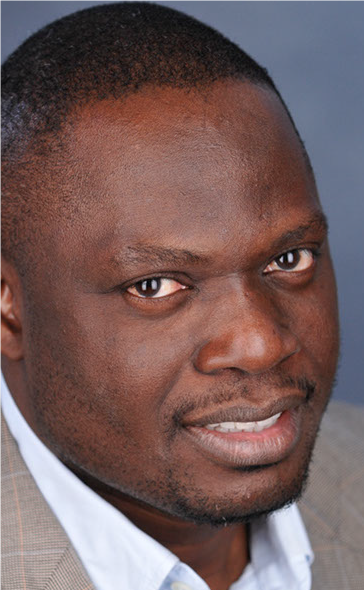
Whence comes conversion? What happens when a social agent makes the all-important decision to, no pun intended, take a leap of faith and embrace a religious formation and spiritual pragmatics different from those to which they’ve been accustomed? Is conversion rupture, a process, or both? These questions have long puzzled anthropologists and historians of religion, yielding a scholarship known more for its disputations than agreements. In this sense alone, Faith in Flux could not have chosen a more muddied stream to step into; yet, the dilemma it leads with could hardly be more clarifying – how to make sense of conversion among a people, not only “predisposed to convert,” but “having done so once… feel little need to stop” (25). The people in question are the Makhuwa (also Makua) of northern Mozambique, a people, as Devaka Premawardhana narrates, not exactly strangers to “flight”—willful or enforced—and of an almost incurably pluralistic disposition.
Premawardhana takes aim at two intellectual sacred cows simultaneously: on the one hand, the presumed antithesis between mobility and contextual analysis; on the other, the prevalent characterization of Pentecostalism as an inexorable force, sometimes completely erasing, sometimes radically modifying, but at all times profoundly affecting every culture it touches. Premawardhana insists, first, that contextual and cultural analysis and existential anthropology are, all things considered, fraternal twins; and second, that in the sheer inconstancy and fluidity of Makhuwa culture, the Pentecostal inexorable has met its immovable.
If the argument in Faith in Flux seems, on the whole, persuasive and sound, it is because Premawardhana is such a brilliant and engaging writer. He not only writes affectionately and respectfully about a people among whom he spent an extended period of time, he also shows how the everyday lives of ostensible spatial outliers can yield instructive moments that deepen our understanding of social change in an era of globalization. Premawardhana’s sensitivity to the cultural integrity of the Makhuwa is matched by his knowledge of the literature by whose lights he admirably refracts their lives. He has chewed over the bones of contention in the literature, and is at his most penetrating when juxtaposing the presuppositions of contending anthropological and theoretical traditions. Still, not once does he apprentice Makhuwa lives to the presumed wisdom of the literature; on the contrary, he insists on close attention to their apparently unruly spiritualities as a way of coming to terms with modes of existence that unsettle those glib distinctions that constitute the very apparatus with which scholars aspire to get a handle on reality. Rural Mozambique (rural anywhere?), we learn, is not some hapless backwater, a homogenous “periphery” prostrate before the advance of global forces, but a space of ceaseless crossings and unsuspected vitality.
In two key areas, Premawardhana mobilizes data and advances arguments that give a new turn to the scholarly debate. The first is in our understanding of mobility, an idea rapidly acquiring the status of a curse word as the North, broadly speaking, angles to batten down against the South. Contra such mobility talk and the angst that always seems to follow in its wake, Premawardhana privileges instead “polyontological mobility,” a cultural constant, at least as observed in the Makhuwa, that gives rise to waves of traversals and reversals. He asks: “Is it possible that there are people for whom movement across borders [you can be sure he doesn’t mean physical borders alone], engagement with alterity, and exposure to the new are, despite their dangers, preconditions for well-being?” (161). Second, and in a direct challenge to the somewhat settled understanding of conversion as a foundational phenomenon, one that prompts new forms of embodiment and emotional resolve, Premawardhana, summoning anthropologist Edmund Leach, wants us to reflect instead on the banality of conversion, i.e. the possibility that “what appear to outsiders as momentous shifts may be experienced by insiders as unexceptional” (161). Far from denying the reality of both mobility and conversion, Premawardhana is in fact reminding us that both are often imbued with a “circular and situational character” (14). Premawardhana’s point about mobility is taken, but his argument in regard to conversion leaves me slightly flustered. Is he not, pace a not insignificant section of the relevant literature, also assuming the fixity or permanence of what is being converted from? Shouldn’t the knife of fluidity (flux) cut both ways? If conversion is really the banal phenomenon that Premawardhana urges us to accept it as, why is it that it often signals new behavioral, moral, and relational protocols on the part of the convert? Among Nigerian Pentecostals, a premium is placed on being “Born Again,” quite literally a convert’s breakup with their former subjectivity.

Faith in Flux is a compact but theoretically ambitious work. Although it immediately grapples with religious encounter and social fluidity in a “remote” corner of Africa, the author’s core theoretical concern is to vindicate those (the radical empiricist Michael Jackson is an obvious influence) who endeavor to use existential-phenomenological anthropology as a way of apprehending life “in all its aspects, its contingencies no less than its norms, its shadows no less than its centers” (17). In the joyous freedom with which it weaves the scattered minutiae of Makhuwa lives—from circumcision to dissolution—Faith in Flux is a paragon of this modality.
Some of the book’s claims strike me as not quite plausible or at least in need of urgent reevaluation. For instance, say we set aside conversion: Isn’t the presence of a Pentecostal church in the farthest reaches of Mozambique the very confirmation of the “explosion” that Premawardhana denies? Obviously taken with Makhuwa existential nomadism, Premawardhana appears to speak derisively of “a bourgeois tendency to locate well-being in secure and stable identities, in tethering ourselves to something firm: brick homes, political structures, religious cultures” (161). I ask: What’s wrong with being bourgeois? What’s wrong with that bourgeois tendency? Also, suggesting that “Western intellectual tradition has had a hard time dealing with change” seems an uncharacteristically slack thing to say given Premawardhana’s singular abhorrence of reification.
These quibbles, for that’s what they are, are not meant as an indictment of Premawardhana’s theses in the book, but conversely to prod him toward greater clarity and call his attention to untoward wrinkles on an otherwise splendidly woven fabric.

